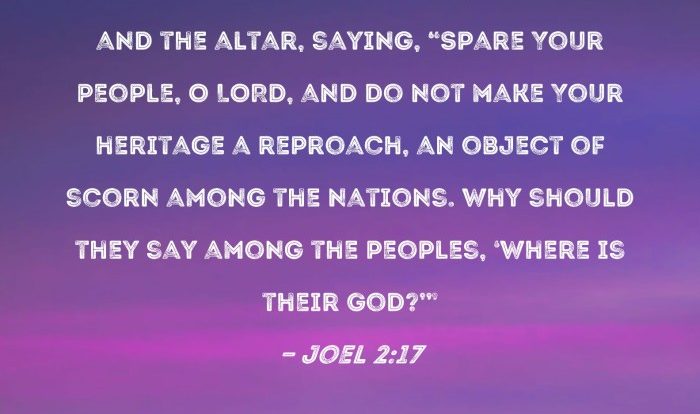Embark on a historical odyssey with America the Story of Us Episode 10 WW2 Worksheet Answers, an indispensable resource for delving into the complexities of World War II. This meticulously crafted guide unravels the tapestry of events, strategies, and consequences that shaped one of the most pivotal conflicts in human history.
Through a comprehensive analysis of the major theaters of war, key battles, and the profound impact on American society, this guide provides a rich understanding of the war’s origins, its course, and its enduring legacy.
Historical Overview of World War II
World War II, the most devastating conflict in human history, erupted in 1939 and raged until 1945. The war’s origins can be traced to a complex web of factors, including the rise of fascism in Europe, the failure of the League of Nations, and the aggressive expansionism of Nazi Germany and Imperial Japan.
Key participants in the conflict included the Axis powers (Germany, Japan, and Italy) and the Allies (primarily the United States, Great Britain, the Soviet Union, and China). The war was fought on multiple fronts, from the battlefields of Europe to the Pacific islands and the deserts of North Africa.
America’s Entry into the War

The United States initially pursued a policy of neutrality in World War II, but the Japanese attack on Pearl Harbor on December 7, 1941, dramatically altered the nation’s course. The attack on Pearl Harbor, a surprise assault on the US naval base in Hawaii, resulted in the deaths of over 2,400 Americans and prompted the United States to declare war on Japan the following day.
The attack on Pearl Harbor had a profound impact on American public opinion and policy. It galvanized the nation into action, unifying Americans against a common enemy and fostering a determination to defeat the Axis powers.
The Pacific Theater
The Pacific Theater of World War II was characterized by fierce naval battles, amphibious landings, and intense jungle warfare. Key battles in the Pacific included the Battle of Midway, the Guadalcanal Campaign, and the Battle of Okinawa.
The United States and Japan employed distinct strategies and tactics in the Pacific Theater. The United States relied on its superior industrial capacity to produce vast quantities of ships, aircraft, and other war materiel. Japan, on the other hand, focused on surprise attacks, naval superiority, and kamikaze tactics.
The European Theater
The European Theater of World War II was dominated by large-scale land battles, strategic bombing campaigns, and the Holocaust.
Key battles in the European Theater included the Battle of Stalingrad, the D-Day landings, and the Battle of the Bulge. The United States played a significant role in the liberation of Europe from Nazi Germany, providing vital supplies, equipment, and manpower to the Allied forces.
The Home Front
World War II had a profound impact on American society and culture. The war effort mobilized the nation’s economy, workforce, and resources. Women and minorities entered the workforce in unprecedented numbers, contributing to the war effort in factories, shipyards, and other industries.
The war also had a significant impact on American culture. The rise of propaganda, the glorification of the military, and the suppression of dissent were all features of the home front during World War II.
The Holocaust: America The Story Of Us Episode 10 Ww2 Worksheet Answers
The Holocaust, the systematic genocide of European Jews by Nazi Germany, was one of the darkest chapters in human history. The Holocaust began with the establishment of concentration camps in 1933 and culminated in the extermination of millions of Jews in gas chambers and other methods of mass murder.
The United States played a vital role in the liberation of concentration camps and the prosecution of Nazi war criminals. American troops liberated the Dachau concentration camp in April 1945, exposing the horrors of the Holocaust to the world.
The Atomic Bomb
The development and use of the atomic bomb marked a turning point in World War II. The United States dropped atomic bombs on the Japanese cities of Hiroshima and Nagasaki in August 1945, resulting in the deaths of hundreds of thousands of people and the eventual surrender of Japan.
The decision to use the atomic bomb remains a controversial topic, with historians and ethicists debating its necessity and moral implications.
The End of the War and Its Legacy
World War II ended with the surrender of Japan on September 2, 1945. The war had a profound impact on the world order, leading to the establishment of the United Nations and the Cold War.
The war also had a lasting legacy for the United States. The United States emerged from the war as a global superpower, with a dominant role in international affairs. The war also shaped American foreign policy for decades to come, as the United States sought to prevent the outbreak of another world war.
Quick FAQs
What were the major causes of World War II?
The major causes of World War II included the rise of fascism and militarism in Europe, the failure of the League of Nations, and the appeasement of aggressive dictatorships.
What was the significance of the attack on Pearl Harbor?
The attack on Pearl Harbor on December 7, 1941, brought the United States into World War II and marked a turning point in the conflict.
What were the key strategies used by the United States and Japan in the Pacific Theater?
The United States employed a strategy of “island hopping,” while Japan relied on a defensive strategy known as the “Greater East Asia Co-Prosperity Sphere.”
What was the role of the United States in the liberation of Europe?
The United States played a crucial role in the liberation of Europe from Nazi Germany, particularly through its involvement in the D-Day landings and the Battle of the Bulge.
What were the ethical implications of the decision to use the atomic bomb?
The decision to use the atomic bombs on Hiroshima and Nagasaki raised profound ethical questions about the morality of using weapons of mass destruction.

